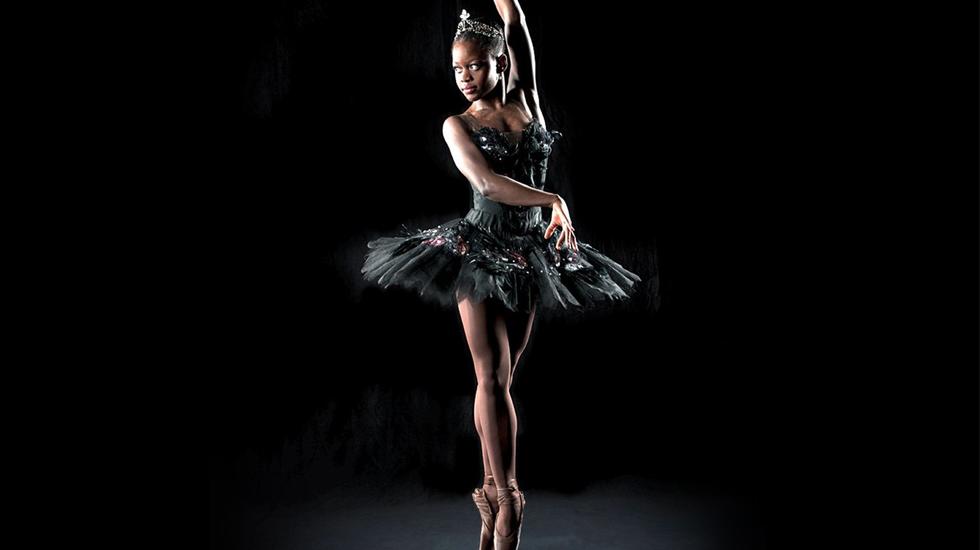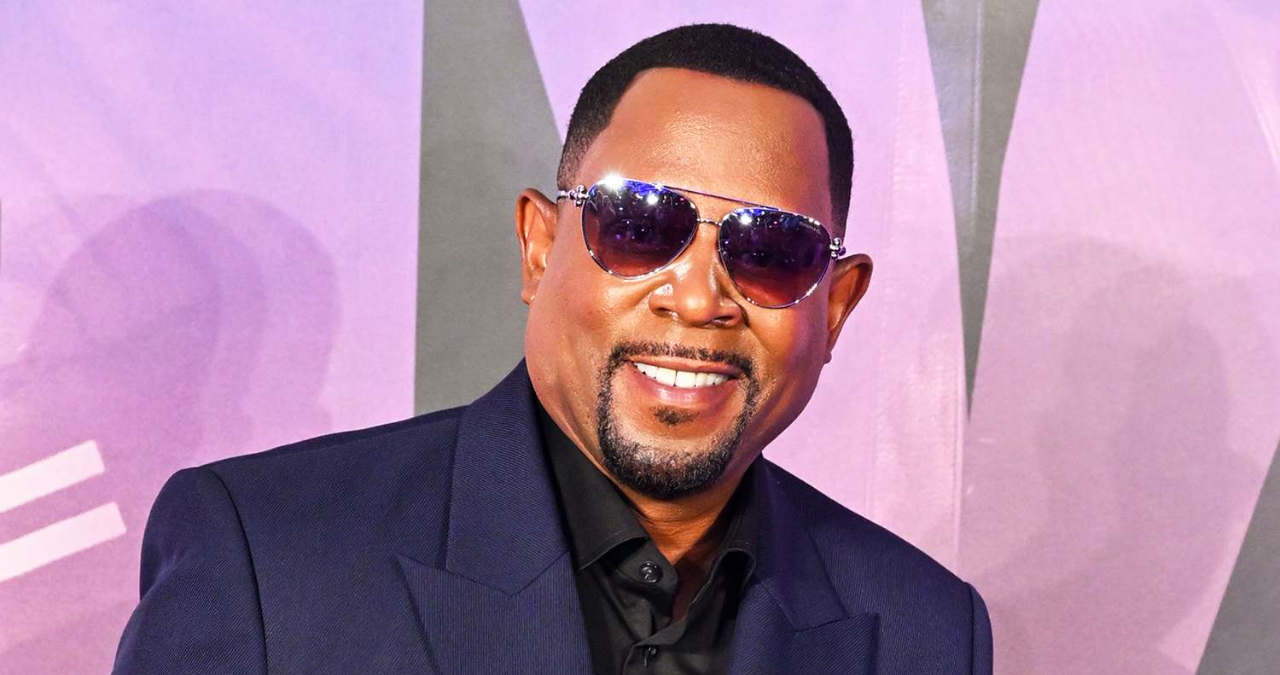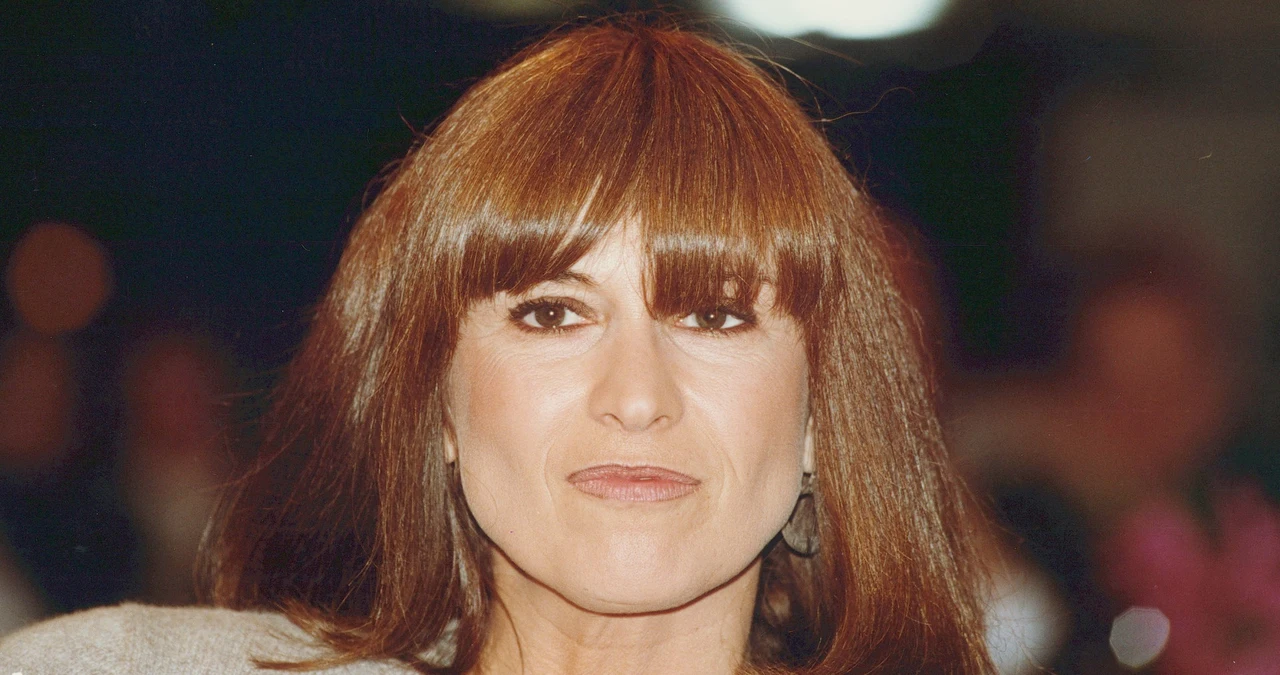Discover inspiring stories and facts about celebrities with Noonan Syndrome. Learn how public figures with this rare condition are breaking barriers and raising awareness.
Understanding Noonan Syndrome
Noonan Syndrome is a genetic disorder that affects various parts of the body. It’s often characterized by unusual facial features, short stature, heart defects, and developmental delays. Though rare, it’s one of the most common genetic syndromes passed from parent to child or occurring as a spontaneous mutation.
While many people might not be familiar with the term, Noonan Syndrome affects approximately 1 in 1,000 to 2,500 live births. It can present in varying degrees, making it a complex condition that requires medical attention, early diagnosis, and lifelong management. Despite the challenges, individuals with Noonan Syndrome can live full, productive lives.
More importantly, some have stepped into the public eye to either raise awareness or simply live their lives unapologetically in front of an audience. These individuals show the world that a diagnosis is not a definition. Rather, it’s just a detail in a much bigger story.
Celebrities with Noonan Syndrome: Representation Matters
When it comes to celebrities with Noonan Syndrome, there’s a growing conversation around representation. Though many public figures have been open about other genetic conditions, the dialogue around Noonan Syndrome is still evolving. That said, there are some notable figures believed or reported to have lived with this condition, even if they haven’t publicly confirmed it.
Celebrities help normalize conditions like Noonan Syndrome simply by existing in the spotlight. Whether they’re actors, musicians, social media personalities, or athletes, these individuals offer hope to others with the condition. By breaking through societal barriers, they pave the way for inclusivity in various industries.
The importance of representation can’t be overstated. It helps to humanize a condition that many people don’t understand. Moreover, it can inspire kids and adults who might feel isolated due to their diagnosis. When you see someone who looks like you or shares your challenges succeeding, it’s incredibly powerful.
Inspiring Stories from the Spotlight
While the list of celebrities who have publicly discussed having Noonan Syndrome is not extensive, there are some inspirational figures and stories that have made a mark. These individuals may not all be household names, but they are changing the narrative in their communities and beyond.
One example is Nathaniel Newman, whose story gained attention due to his resemblance to the character Auggie in the movie Wonder. Though his condition is not Noonan Syndrome but a craniofacial difference, he has often been included in discussions around rare syndromes and representation. Newman’s openness and public appearances have helped encourage others with similar conditions to embrace their uniqueness.
Then there’s the rise of social media personalities who use platforms like TikTok and YouTube to talk about living with Noonan Syndrome. They document their lives, share their journeys through medical treatments, and encourage others to be confident in their identity. These digital celebrities may not be mainstream stars, but their impact is just as significant.
Challenges Celebrities with Noonan Syndrome May Face
Living with Noonan Syndrome comes with its own set of challenges, and for celebrities, these are often magnified under the public eye. Physical characteristics such as short stature, distinctive facial features, or speech delays can invite undue attention or scrutiny. It takes resilience and confidence to maintain a public persona while dealing with such personal health matters.
Medical issues are another hurdle. Heart problems, bleeding disorders, and developmental delays are all common among individuals with Noonan Syndrome. Managing these conditions while maintaining a demanding career in entertainment or public life requires immense strength and support. Yet, some have turned these challenges into opportunities to educate and advocate.
The lack of awareness about Noonan Syndrome means that many celebrities might not even receive the right kind of support or understanding from fans and the media. However, this gap also presents an opportunity for advocacy. By speaking out, these figures can help push for more research, better medical care, and greater societal understanding.
The Role of Social Media and Community Support
Social media has changed the game for people with rare conditions like Noonan Syndrome. For celebrities and influencers, it’s a powerful tool to connect directly with fans and raise awareness about the realities of living with this syndrome.
Platforms like Instagram, TikTok, and YouTube offer a space where individuals can talk openly about their experiences. Whether it’s sharing the results of a heart surgery, discussing day-to-day life, or simply having fun and showing their personality, these moments humanize Noonan Syndrome. The visibility helps to de-stigmatize the condition and provides much-needed representation.
Support from online communities also plays a crucial role. There are groups dedicated to Noonan Syndrome awareness that often celebrate the achievements of members, including any who have achieved celebrity status. These platforms provide resources, emotional support, and a sense of belonging that’s invaluable.
Advocacy Through Visibility
For many celebrities with Noonan Syndrome, just being seen is a form of advocacy. It tells the world that success isn’t reserved for a certain “look” or health status. Every public appearance, interview, or post becomes an opportunity to educate others.
Some of these public figures take it a step further by partnering with medical foundations and awareness campaigns. Whether it’s participating in fundraisers or attending medical conferences as guest speakers, they use their platforms for positive impact. Their advocacy helps ensure that the next generation of kids with Noonan Syndrome won’t have to grow up feeling unseen or misunderstood.
The power of visibility also extends into media production. Some creators with Noonan Syndrome are venturing into filmmaking, writing, and podcasting, using their talents to tell stories that reflect their lived experiences. This is how culture shifts—one authentic story at a time.
Table: Celebrities and Public Figures Associated with Noonan Syndrome (Known or Suspected)
| Name | Profession | Contributions |
|---|---|---|
| Social Media Influencers (Various) | Digital Content Creation | Sharing personal stories and raising awareness on platforms like TikTok and YouTube |
| Community Leaders | Non-Profit Work | Organizing awareness campaigns and support groups |
| Advocacy Speakers | Public Speaking | Participating in medical panels and educational sessions |
Note: Due to privacy and the rarity of public diagnoses, most individuals choose to remain private. The list is based on public accounts and cannot be verified without explicit confirmation.
Common Myths About Noonan Syndrome
There are many misconceptions about Noonan Syndrome that even the most informed individuals might believe. One of the most common is that it only affects physical appearance. While Noonan Syndrome can influence features like facial structure and height, it also has internal implications—especially regarding heart health.
Another myth is that people with Noonan Syndrome cannot lead normal or successful lives. This couldn’t be further from the truth. Many individuals live active, productive lives with careers, families, and achievements that rival any of their peers. Celebrities with Noonan Syndrome are living proof that potential is not defined by genetics.
Finally, some believe Noonan Syndrome is extremely rare and therefore not worth learning about. In reality, it’s more common than some other well-known syndromes and deserves just as much attention and understanding. Raising awareness starts with correcting these myths.
How the Entertainment Industry Can Do Better

While there has been progress in representing people with disabilities or rare conditions, there’s still a long way to go—especially when it comes to Noonan Syndrome. Casting directors, writers, and producers need to broaden their perspectives and be more inclusive in how they approach storytelling.
Real diversity means portraying people with visible and invisible conditions as full characters, not just props for inspirational arcs. It’s about showing them as love interests, leaders, friends, and even villains—not just patients or sidekicks. The entertainment industry has a responsibility to be proactive in this area.
Collaborating with individuals who live with Noonan Syndrome can also make a difference. Inviting their input in scripts, hiring them as consultants, or even casting them in roles can significantly shift public perception. After all, lived experience brings a level of authenticity that can’t be faked.
Quotes from the Community
“Having Noonan Syndrome doesn’t define me. It’s just one part of my story.” – Anonymous Influencer
“Every day is a chance to educate someone new about what life with Noonan Syndrome really looks like.” – Public Speaker and Advocate
“We’re not here to be pitied; we’re here to be understood and included.” – Community Leader
These quotes reflect the spirit and resilience of individuals living with Noonan Syndrome. They’re not just surviving; they’re thriving and changing the narrative every day.
FAQs About Celebrities with Noonan Syndrome
What is Noonan Syndrome?
Noonan Syndrome is a genetic condition that can affect facial features, growth, heart function, and development. It’s often diagnosed in early childhood but can vary in severity.
Are there any famous people with Noonan Syndrome?
While specific celebrity cases are rare due to privacy, there are several social media personalities and public advocates who have openly discussed living with Noonan Syndrome.
Can people with Noonan Syndrome live normal lives?
Yes, absolutely. With proper medical care and support, individuals with Noonan Syndrome can lead full, productive, and successful lives.
Why is there limited information about celebrities with Noonan Syndrome?
Due to the personal nature of medical conditions and privacy concerns, many public figures choose not to disclose their diagnoses.
How can I support awareness for Noonan Syndrome?
You can support by donating to medical research foundations, following advocates on social media, and helping spread accurate information about the condition.
Conclusion
Celebrities with Noonan Syndrome might not always be in the spotlight, but their impact is powerful and growing. Whether through advocacy, entertainment, or digital storytelling, they show the world that beauty, talent, and worth aren’t defined by genetics. As representation increases, so does the potential for understanding and inclusion. And in that, we all benefit.




